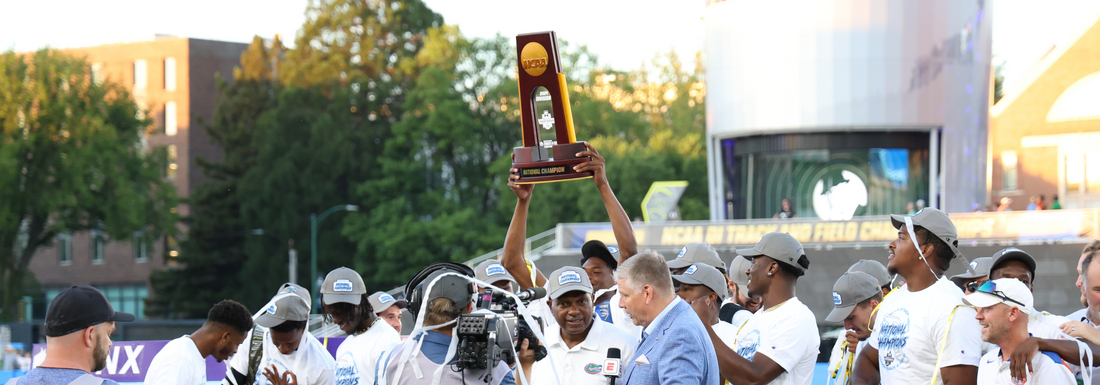
House v. NCAA Settlement Hearing has been delayed to allow for further changes
Share
Yesterday, U.S. District Judge Claudia Wilken conducted a hearing of final approval for the House v. NCAA Settlement. After a full day of review, she raised multiple concerns and did not approve the settlement in its current form.
What is House v. NCAA?
House v. NCAA refers to a lawsuit filed in 2020 by NCAA athletes from various schools. This lawsuit challenges the NCAA rules that prevented athletes from being compensated for their name, image and likeness. In its current state, the settlement aims to allow colleges to share a portion of their revenue with athletes, allow athletes to enter NIL agreements with third parties, and increase scholarship limits.
This settlement is often labeled “controversial” due to the proposed implications on roster limits. Currently, the settlement will limit NCAA roster limits to 17 for cross country and 45 for track and field. The settlement will also lower SEC men’s roster limits to 17 for cross country and 45 for track and field. Along with the new roster limits the settlement proposes that scholarships be increased to 17 for cross country and 45 for track and field — essentially allowing for unlimited scholarships and eliminating walk-on spots.
What’s the hold up?
Wilkens’ main focus of yesterday’s trial was the newly proposed roster limits. She seems to want the newly proposed roster limits to slowly take effect, rather than having an immediate impact, which would cause hundreds of athletes to immediately lose their roster spots. During the hearing, she proposed the idea of current athletes being “grandfathering in” current athletes, meaning anyone who is currently competing will be able to use the rest of their eligibility and the roster limits will only apply to athletes who are not currently competing in the NCAA.
Another main concern of the judge was future athletes. She raised concerns about future athletes being affected by the settlement without having the ability to have any input on the terms. Lawyers on both sides seemed to agree that athletes would be notified each year and have the opportunity to object at a hearing, just as current objectors had the opportunity to do yesterday.
What’s next?
Concluding the hearings yesterday, Judge Wilkens instructed both parties, “See what you can do about all these issues.” She added “Basically, I think it's a good settlement ‒ don't quote me on that ‒ but I think it is worth pursuing and I think some of these things could be fixed if people tried to fix them, and that it would be worth their while to try to fix them.”
Both parties agreed that they would get back to Wilken within one week with a plan to resolve the issues stated during the trial. Objectors will have one day to respond.
